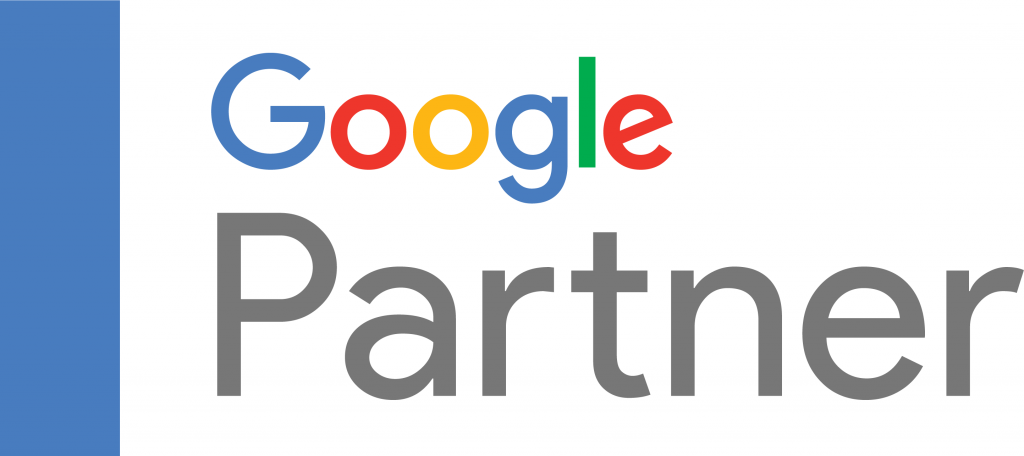In the vast and complex world of digital reputation management, Google’s search results play a crucial role. The power of a brand’s online image can dictate its success or failure. Thus, it’s hardly surprising that PR strategists might go to great lengths, including allegedly engineering incidents, to manipulate search rankings and push unfavourable stories out of the spotlight.
With the advent of deep fake technology and the murky waters of the internet, not everything is as it appears. Some conspiracy theories suggest that incidents involving big names like Taylor Swift and Walt Disney were fabricated for SEO benefits. Let’s explore these intriguing SEO conspiracy theories and delve into how they supposedly work.
What Are SEO Conspiracies?
SEO conspiracies involve creating incidents that utilize specific keywords to bury negative stories under Google’s search algorithm. For instance, if a celebrity were involved in an embarrassing incident (like slipping on a banana peel), they might stage a positive event involving a banana peel to overwrite the negative search results.
Our Favourite SEO Conspiracy Theories
1. Taylor Swift’s Jet
Last year, Taylor Swift was at the centre of an internet storm due to her excessive private jet usage. Searching “Taylor Swift jet” once surfaced a plethora of negative headlines. However, Swift soon appeared at a New York Jets game, coincidentally as she was beginning to date Travis Kelce, a player for the Kansas Chiefs who was playing in that game. Interestingly, the headlines were skewed to highlight ‘Jets’ more than ‘Chiefs.’ Was it a strategic move to manipulate SEO or just a coincidence? The timing was impeccable, but the effect was temporary, as stories of her continued jet use eventually took precedence again.
2. Boris Johnson’s Bus
Boris Johnson, the UK’s former Prime Minister, famously claimed during the Brexit campaign that leaving the EU would free up “£350 million a week for the NHS,” a statement emblazoned on the side of a London bus. This claim haunted him until a peculiar interview emerged where Johnson mentioned his hobby of making model buses. This quirky detail soon flooded Google’s search results, momentarily distracting from his controversial NHS pledge.
3. Frozen Walt Disney
I’m sure that you have heard the rumour that Walt Disney had been cryogenically frozen. These rumours dominated Google searches until the release of the movie “Frozen.” Some believe that Disney intentionally chose the title to manipulate search results related to Walt Disney being frozen. Why else name the film “Frozen” instead of something more traditional like “The Snow Queen” or “Elsa”? This theory suggests a deliberate effort to shift SEO focus, and interestingly, it’s one conspiracy that continues to dominate Google searches.
4. Selena Gomez
It’s rumoured that Selena Gomez, tired of the constant media speculation about her relationship status, released a song titled “Single Soon.” This strategic move meant that searches about her relationship status would yield results about her music instead. While we can’t confirm the veracity of this strategy, it would represent a clever way to redirect the narrative.
While these theories are speculative and remain unverified, they offer a fascinating glimpse into how SEO could potentially be manipulated by those looking to control their narrative in the digital age. Whether true or not, they remind us that in the digital world, not everything may be as it seems.
So, Do You Believe The Conspiracy?
For brands and public figures, the digital age presents both challenges and opportunities. The ability to influence what the world sees online is a powerful tool, but it also bears significant ethical considerations. Should entities manipulate search results to improve their public image? Is there a responsibility to maintain authenticity in the face of potential reputation damage?
While we may never know the full truth behind these conspiracy theories, they serve as a compelling reminder of the importance of critical thinking in the digital era. As consumers of information, it’s essential to question and analyse the stories and data presented to us, understanding that behind every search result, there may be a story that someone wants to tell—or hide.
These SEO conspiracy theories are not just tales of digital manipulation; they are a call to action for transparency, ethics, and integrity in the way we manage and consume information online. As we continue to navigate the complex interplay of SEO and public perception, let us strive for a balance that respects both the power of digital influence and the value of truthful representation. View our blog for more helpful insights for getting your marketing back on track and turning your vision into results!










